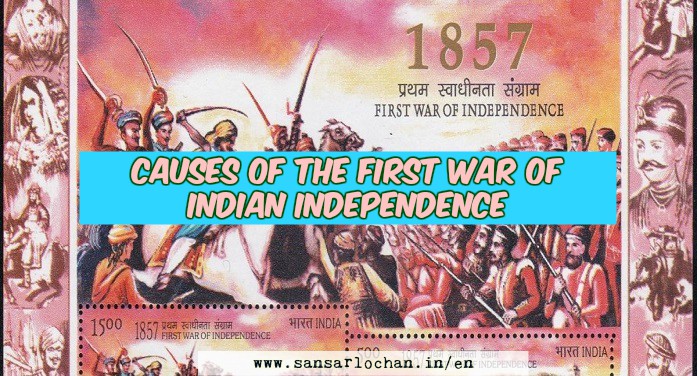Causes of The First War of Indian Independence – 1857 Revolt
The revolt of 1857 has a extraordinary place in the history of India. This event is known by different names such as, “the Sepoy Mutiny”, “The Indian rebellion” and the “First war of Indian Independence”. This was the first joint revolt against the British. It was the end result of the already simmering discontent of Indians against the policies of … Read More
Third Anglo-Burmese War (1885-86) – Causes and Results
The Burmese realise futility of resisting the English after the second Burmese War and attempted to accommodate them as far as it was possible for them to do so. The English, therefore, gradually increased their hold on Burma by subsequent treaties. In 1862, they got the right to trade with China through the territory of Burma. In 1867, by another … Read More
The Second Anglo-Burmese War (1852) – Causes and Results
The relations between the English and the Burmese were not finally settled by the first Burmese War. Neither party felt satisfied with what one had gained, and the other had lost. It led, ultimately, to the second Anglo-Burmese War. The Second Anglo-Burmese War (1852) The Burmese looked with suspicion and hatred upon the English. In fact, no Asiatic state liked … Read More
First Anglo-Burmese War and Treaty of Yandabo
Burma, to the east of India, became a strong and extensive state by the beginning of the nineteenth century. It occupied Manipur, Assam etc., so that its boundary touched the territory of the English in India. It resulted in occasional boundary disputes between the two leading to the Yandabo treaty and the first Anglo-Burmese War. But the primary cause of … Read More
Various Reforms made by Lord Dalhousie : Short Notes
In previous article we read about Doctrine of Lapse and its consequences. In this article we will read about administrative, military, educational, trade etc. reforms made by the governor-general Lord Dalhousie. Lord Dalhousie not only desired the expansion of the British Empire in India but also made efforts to consolidate and strengthen it with a view to making it stable. … Read More
Doctrine of Lapse and its Consequences
Dalhousie who came to India as the governor-general of the Company in 1848 was a rank imperialist in his designs and ambitions. He completed the consolidation of the British Empire in India and, to that end, adopted different means. The one was, of course wars. By this means, he annexed Punjab after the second Sikh War and lower Burma after … Read More
